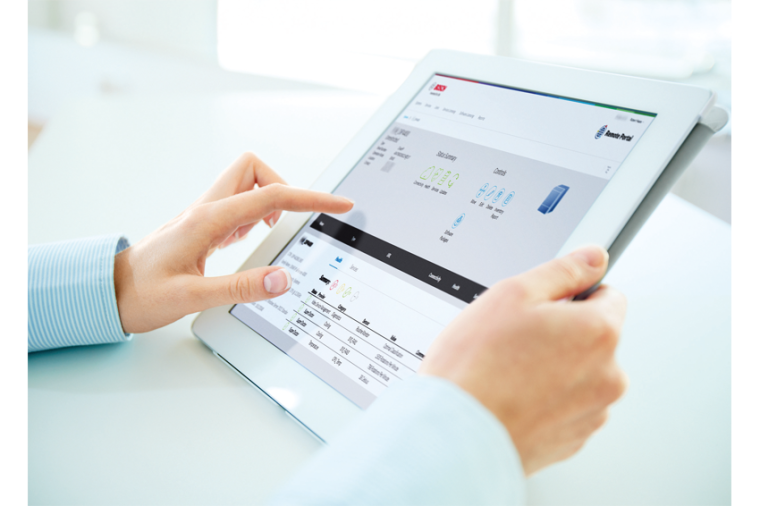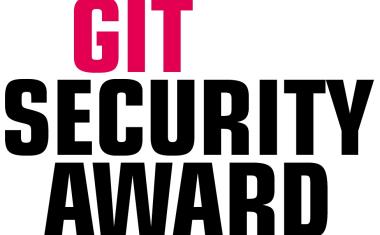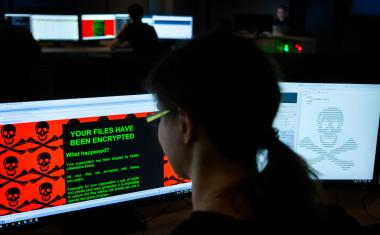New Remote Service from Bosch Building Technologies Increases Security for Video Systems
It's a given for any smartphone user: When the device manufacturer announces that a software update is ready for installation, it's done primarily to maintain the smartphone's IT security and system stability.

For operators of critical technology such as video security systems, regular updating of their systems should be even more of a given but has often been hindered by the lack of external connectivity, which is perceived as insecure. Now there is a solution that makes shielded video management systems more reliable and secure.
Bosch Building Technologies' System Integrators often find in their daily interactions with customers that shielded video security systems, which cannot be externally updated, sometimes run outdated software or firmware, have system components nearing the end of their planned lifecycle, or are partially shut down – all often unbeknownst to the users.
To address this and improve the security of video systems, Bosch Building Technologies has added a new service module to its portfolio: Remote System Management (RSM). As the name suggests, the main benefit is that video management software and devices from Bosch‘s DIVAR IP range can be maintained remotely. In addition to remote diagnostics, RSM proactively notifies users of system updates and performance deviations. For System Integrators who install and maintain video security systems on behalf of Operators, this eliminates many unnecessary trips to the customer's premises – a significant efficiency gain in times of skilled labor shortages. Potential repairs can also be planned more efficiently, as fault diagnosis can be carried out in advance, allowing the service engineer to have the necessary replacement part on hand when they visit the customer. From a sustainability perspective, fewer customer visits are a positive factor, as company car fleets are among the largest CO₂ emitters in many organizations.
Highly Sensitive Area of Video Data
Users of video security and management systems typically host their data on their own servers, securely shielded from the outside world. Bosch Building Technologies' use of RSM does not change this. Video data remains securely locked away because RSM uses an IT standard protocol that does not even support the transmission of image data. Only parameters from the internal video management system are transmitted to check the status of the system. In critical situations, RSM automatically generates a notification for the system administrator. In addition, as in the first example, RSM provides information about available software or firmware updates.
For this set of functions RSM requires only two outgoing connections from the gateway (DIVAR IP). One connection is used for monitoring system status, the other for system updates. The easy-to-configure communication links to RSM are installed by the system integrator, who does not need to open any ports.
System Status Always in View
Just as the operator of a video security system wants to know what is happening in the field of view of their cameras 24/7, RSM keeps a secure eye on their video management system. It evaluates the status data of the cameras and the gateway, such as hardware monitoring of the hard disk, fan, power supply and housing, as well as the software services running on the device. Errors are detected in real time and can be corrected by the system integrator as quickly as possible. This not only provides a significant increase in security by keeping the video system operating at optimal levels, but also allows for cost savings by updating systems early rather than waiting for failures to occur.
This new solution is offered worldwide and opens up opportunities for regular service business models, especially in regions where maintenance contracts have not yet been established. After all, no customer wants to skimp on security.
Benefits of Remote System Management at a Glance
- Increased security
- Easy to install and maintain
- Around-the-clock monitoring of system status
- Real-time error notification
- Fewer on-site visits
- CO2 savings from reduced travel













